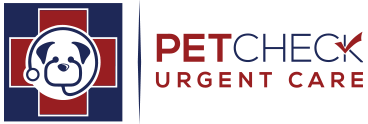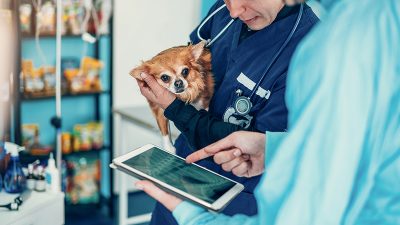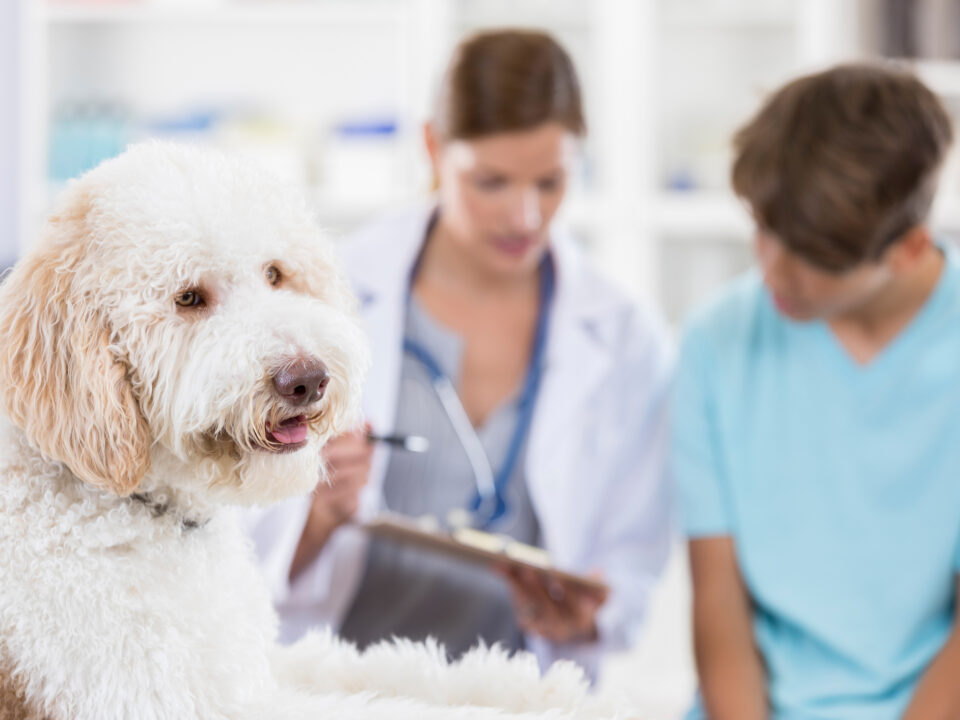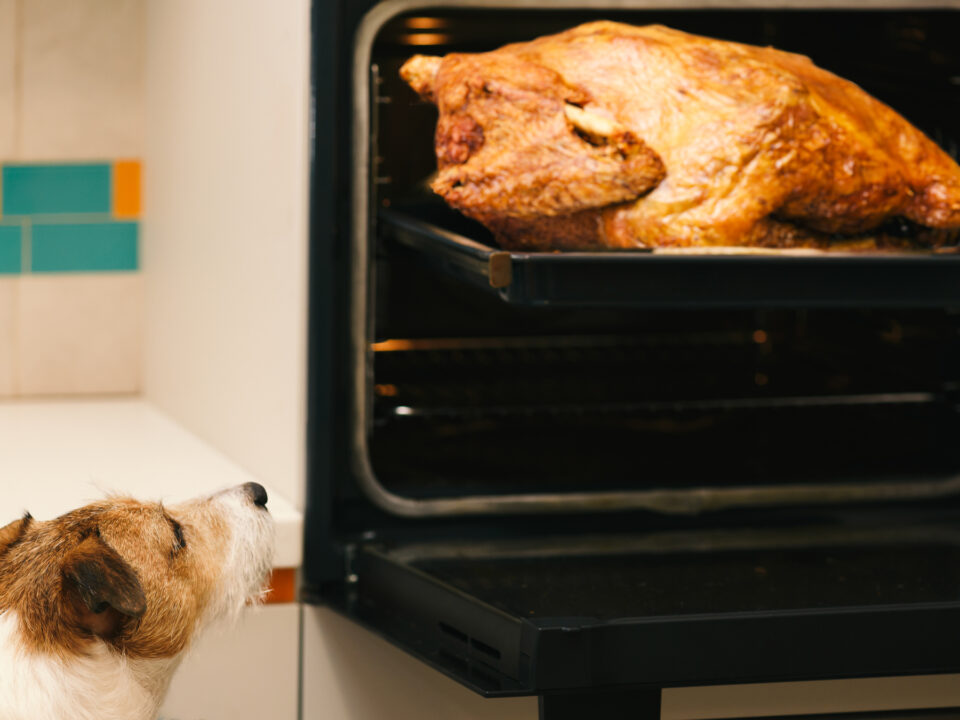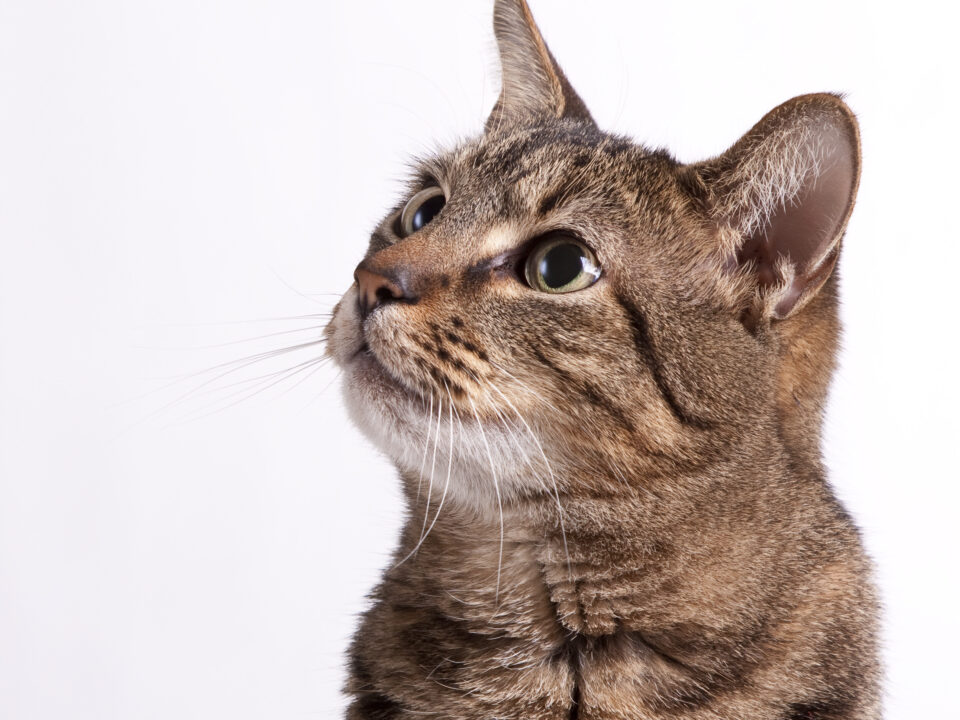How to Make the Most of Your Veterinary Work Experience

What to Look for in Your Next Veterinarian Job in Sewell, NJ
March 8, 2022Veterinary Career Options: No Shortage of Positions
June 29, 2022A lot of on-the-job experience does go into becoming a veterinarian, and it’s always important to make the most of this experience. This is not only because these placements are likely to teach you a lot of valuable things, but it is also a great way to network and meet new people.
Working in a variety of different vet positions, taking notes on your experiences, and making an effort to make a good impression are key to getting the most out of your veterinary work experience. In addition, asking for feedback is also essential when it comes to learning during this process.
In this article we will be providing you with some helpful tips on how you can make the most out of your veterinary work experience. After all, this is a great opportunity to meet new people and learn new things. It can also be a great networking opportunity. Let’s get right into it!
Try To Work At A Variety Of Veterinary Businesses
When it comes to gaining a lot of veterinary experience it can be helpful to work in a variety of veterinary environments. This includes working with both a large variety of animals and in a variety of environments.
For example, you will probably want to work in places like animal shelters, farms, and stables. This will not only expose you to a variety of different veterinary work environments, but it will also give you the opportunity to work with a larger variety of animals than just the traditional pet dogs and cats. It is important to get as big of a variety of veterinary work experience as possible.
Ask And Look Around For What Is Available
In order to get a variety of different veterinary work experience opportunities, you will likely need to do some looking and asking around. When looking for your next veterinary work experience opportunity it is recommended that you try and find something that is different from what you have seen before for your next placement.
For example, if you are currently working at a vet clinic try to work at an animal rescue or farm. This way you can be introduced to working in different environments and different kinds of animals.
Take Notes
It can be very helpful to take some notes on your experiences during this time. Although you do not necessarily need to take notes as you are working, jotting some notes down about your day can be helpful to soak some things in. Doing this also gives you something to look back on later, which can be very helpful during the learning process.
After all, you may see something that will happen again in the future, and this knowledge may be useful. In addition, having everything that you have learned in your placements can be great for writing resumes and cover letters later.
Be Proactive
Being proactive and making the first move to lending a helping hand when you think that it’s needed is often a great idea, and it often contributes to you making a great first impression as well. For example, if you are shadowing a vet and an animal throws up or has an accident, offer to clean it up.
This shows that you are not only courteous and helpful, but that you are comfortable and outgoing in the environment as well. In addition, letting your mentors know when you want to shadow and see a procedure will open you up to new opportunities in your placement. It will also allow you to learn things that you may not have if you were not proactive in your approach.
Make An Effort To Give A Good Impression
It is crucial that you always make a good impression at any job site that you are working at. After all, you want these people to remember that you did a good job and recommend you to others. Here are some tips on how to make a good impression in the veterinary workplace.
- Follow the dress code and look presentable
- Always be on time
- Be enthusiastic and productive at work
- Be friendly and try to get to know your colleagues
Making a good impression will make it more likely that you get the most out of your veterinary work experience, and it makes it more likely for people to actually hire you in the future as well. If you make a good impression you may even be able to use some of your past bosses as references.
Remember To Ask Questions
It is always important to ask questions while you are learning new things. Therefore, if a vet is doing something that you are curious about don’t be afraid to ask them about it. This will not only allow you to learn more new things that you may not have otherwise, but it also makes you appear more interested and enthusiastic while at work. Remember, no question is a stupid question, and most mentors will likely be glad that you ask them questions.
Ask For Constructive Criticism And How You Can Improve
It is always important to ask if your mentors have any feedback on your work, and this includes constructive criticism. Constructive criticism is actually one of the most valuable things that you can get out of your veterinary work experience.
This is because this lets you know what things you should work and improve on. Doing this from the beginning will let you learn and grow throughout your veterinary work experience, and your mentors are likely to notice this growth.
Ask What Things You Are Doing Right
Of course, in addition to asking about how you can improve, it is also helpful to ask your mentors what you are doing right during your veterinary work experience. This will not only make you feel good and motivate you to keep going, but it will also let you know what you should keep doing in order to do well in that work environment.
